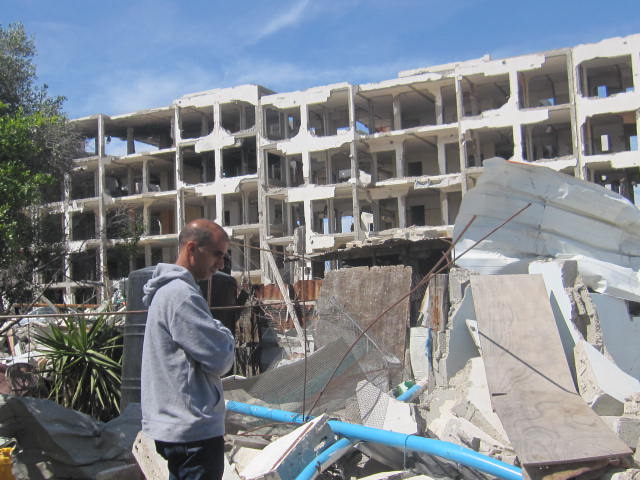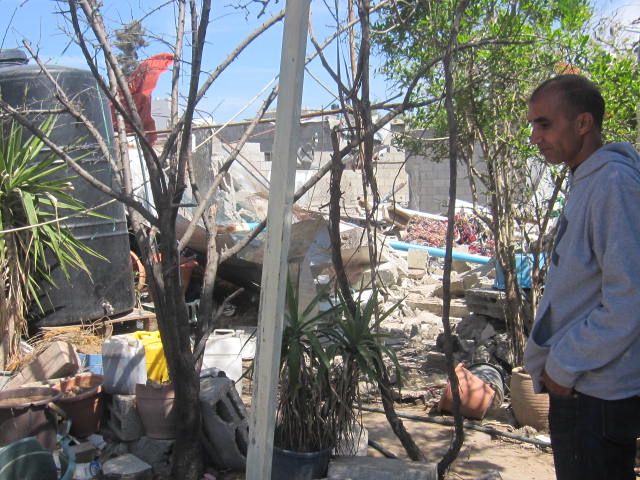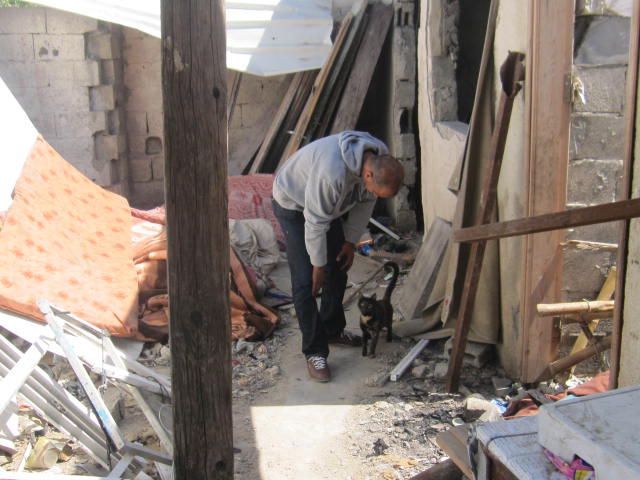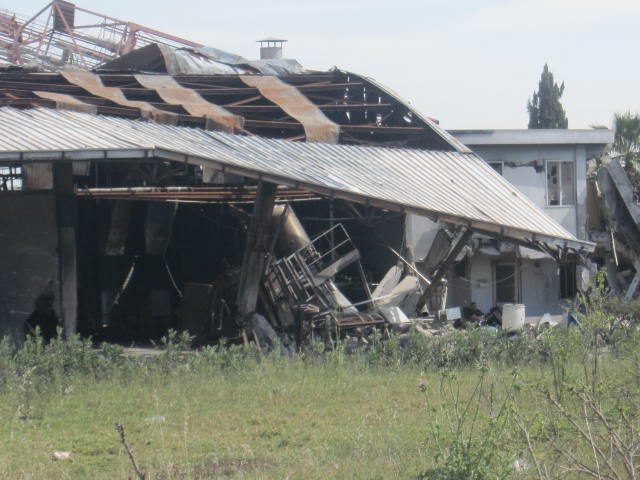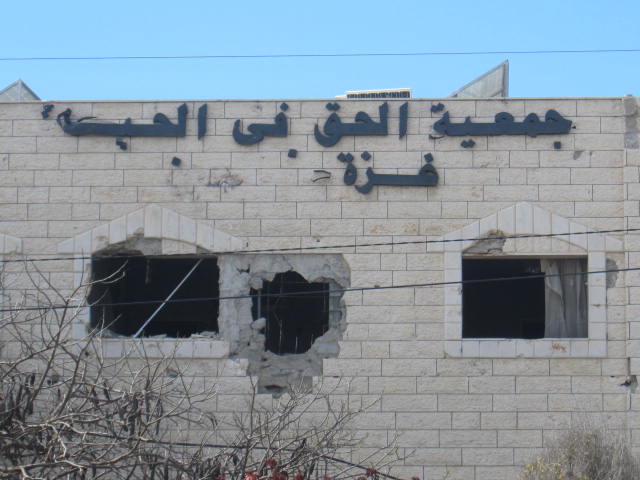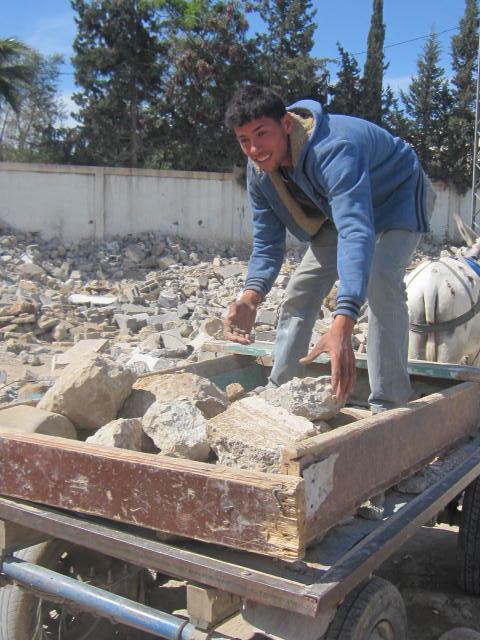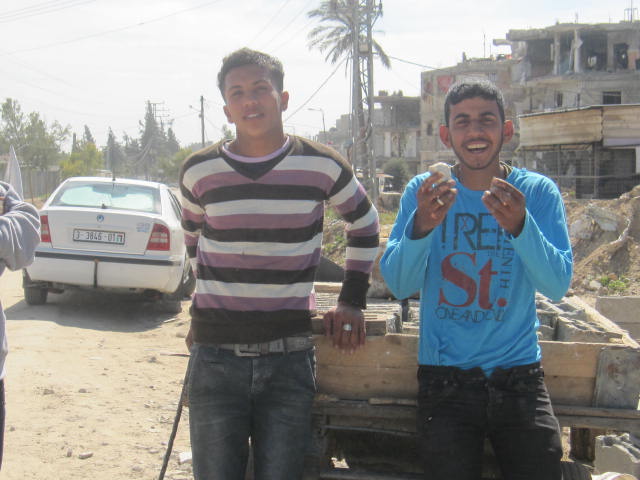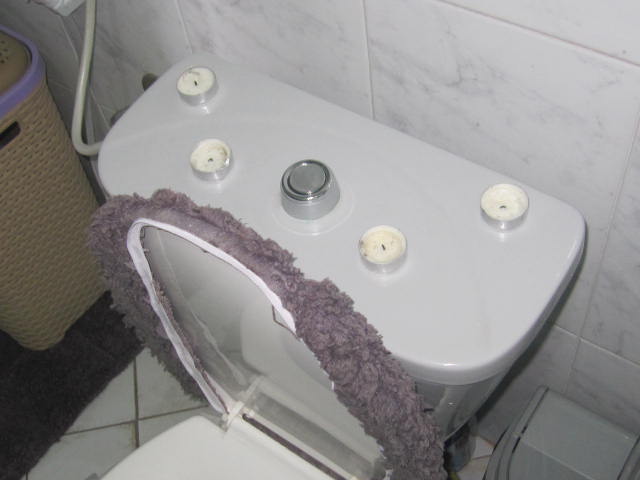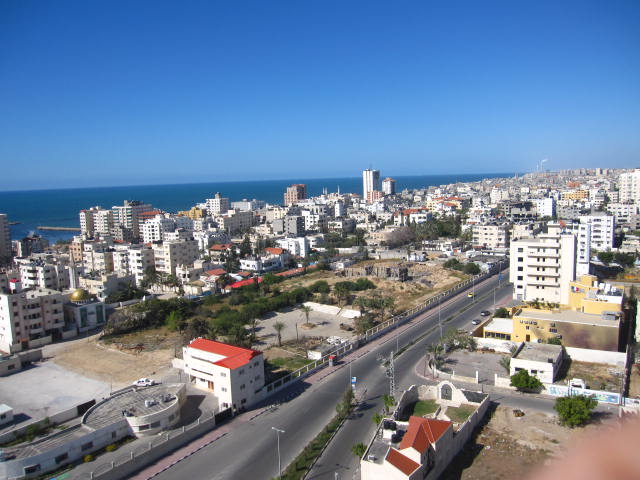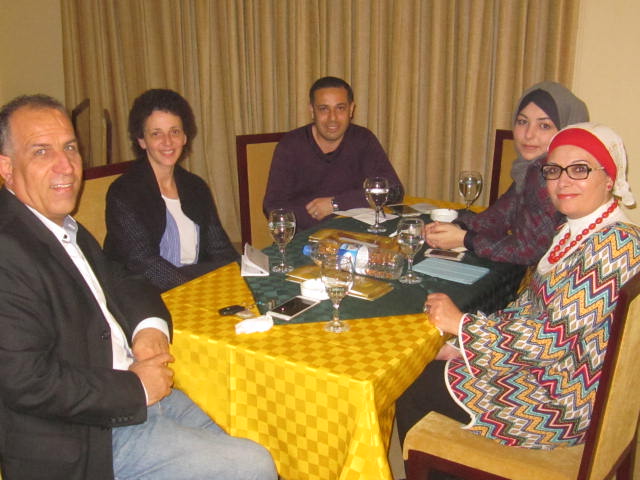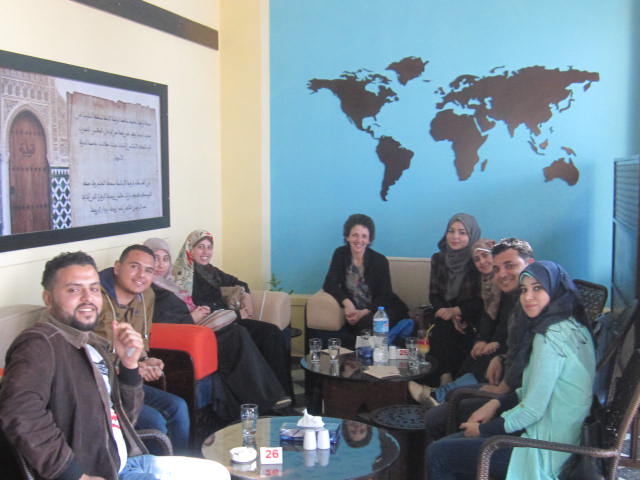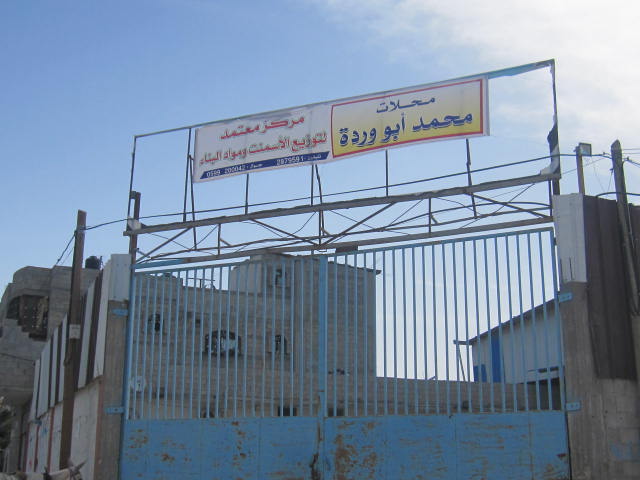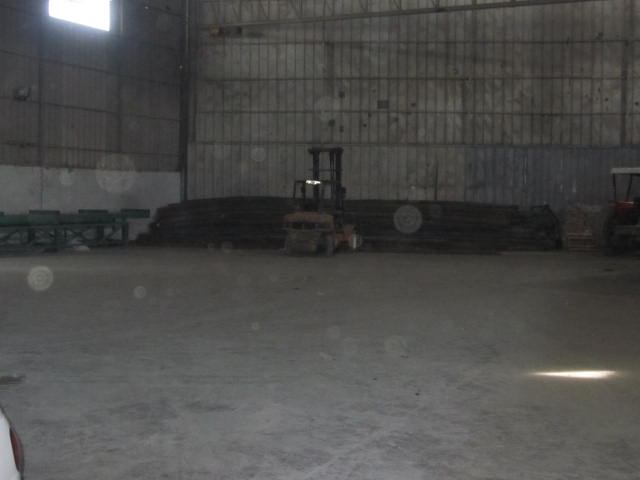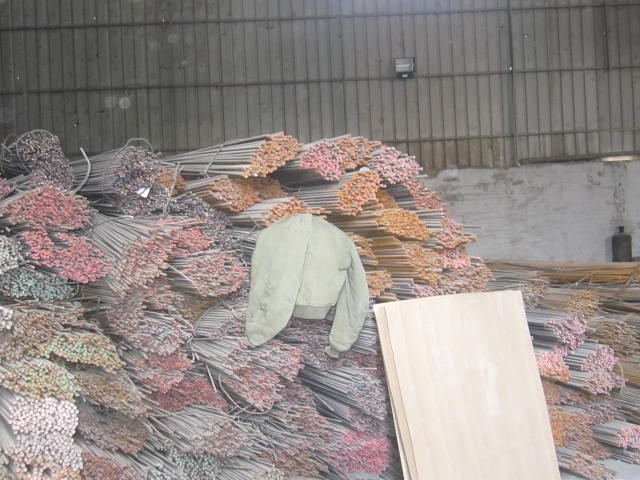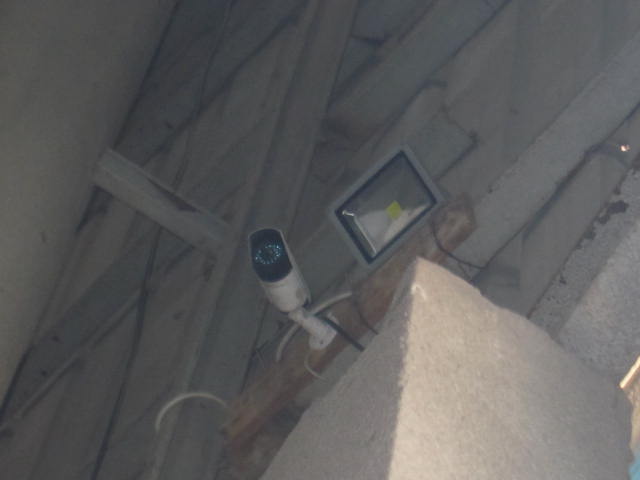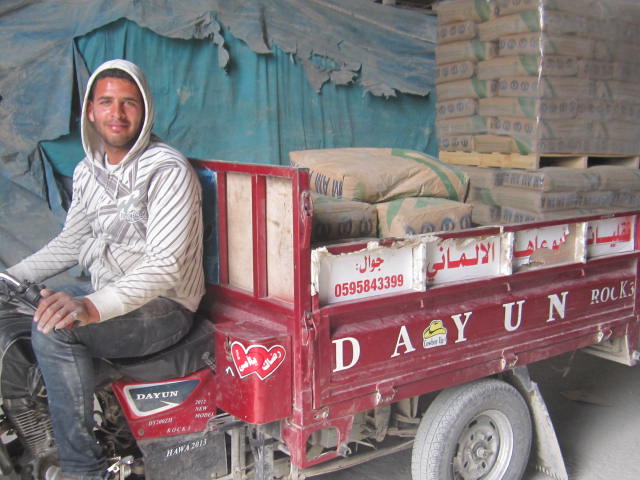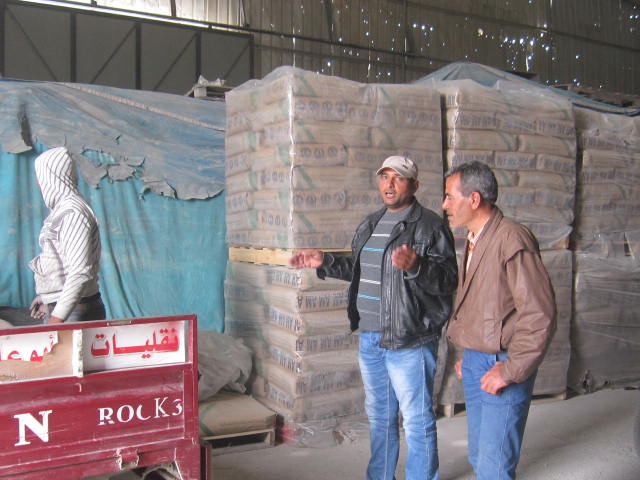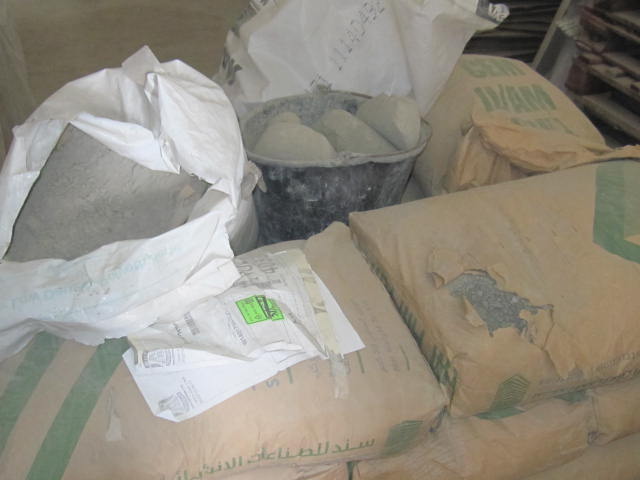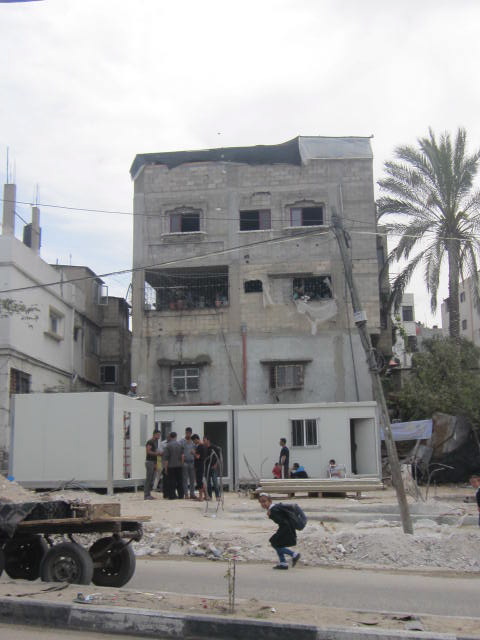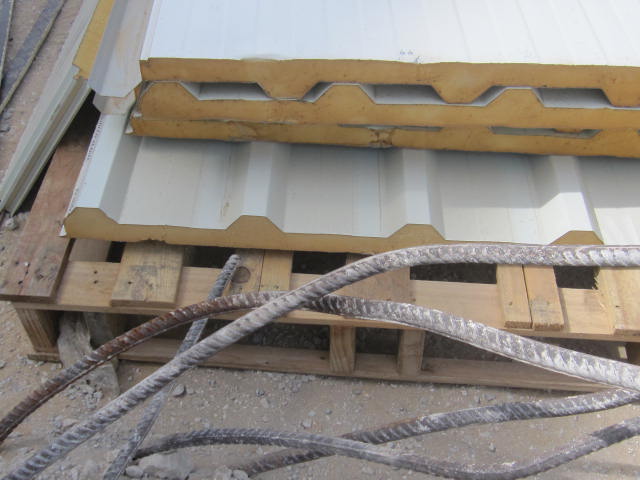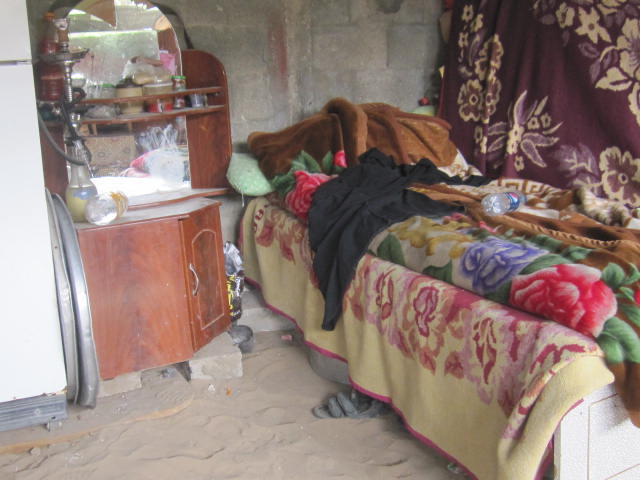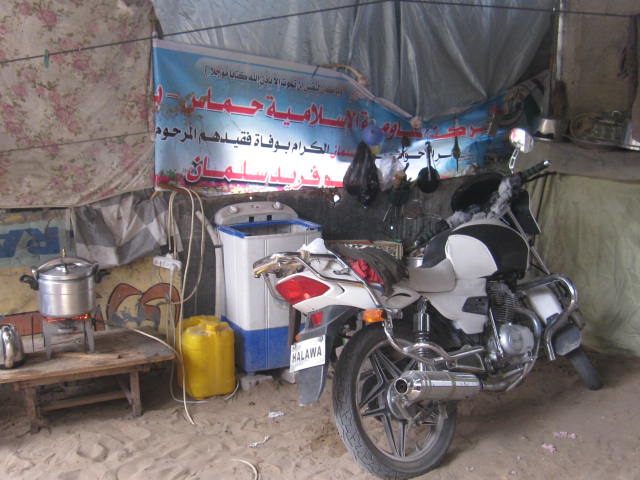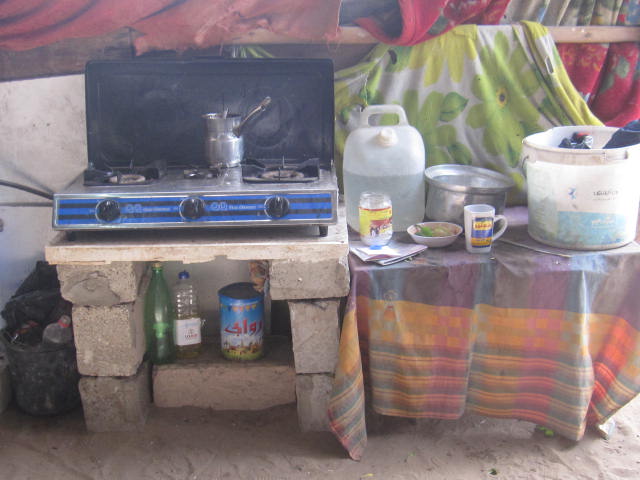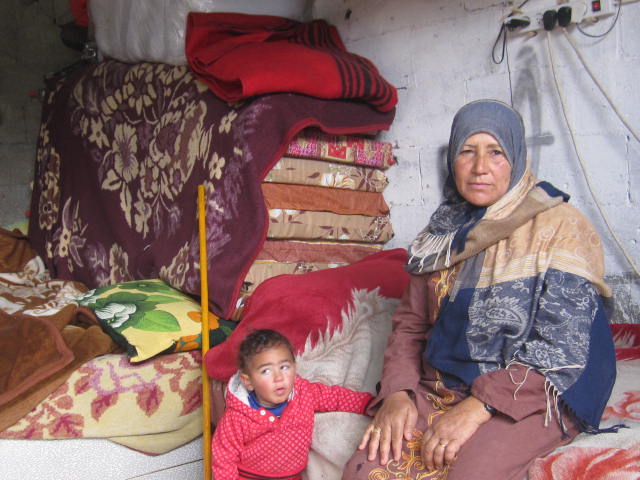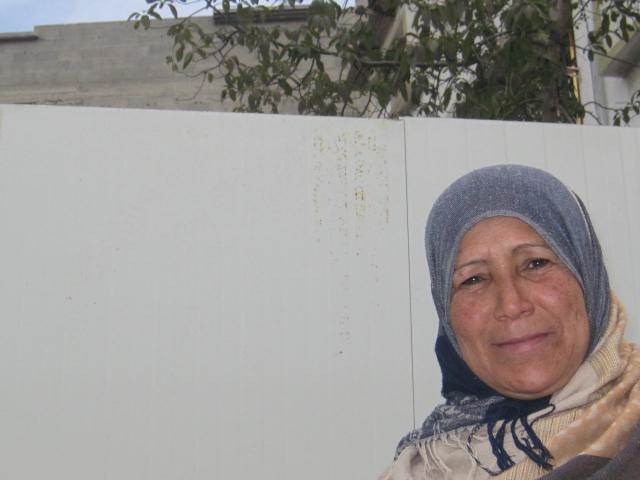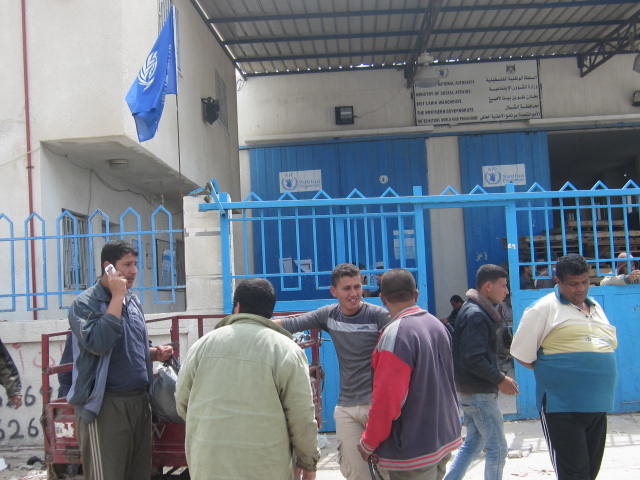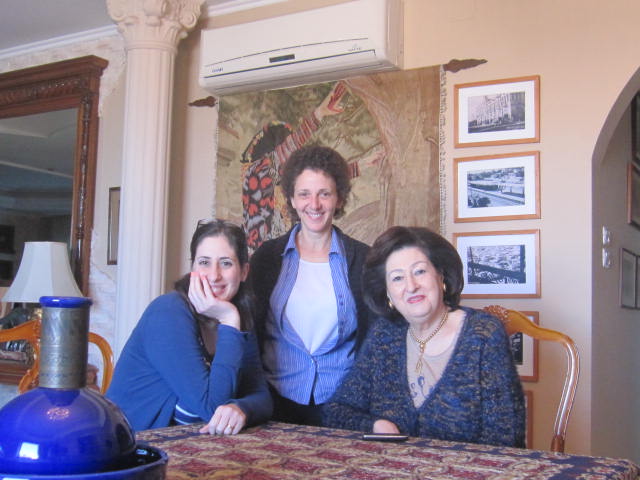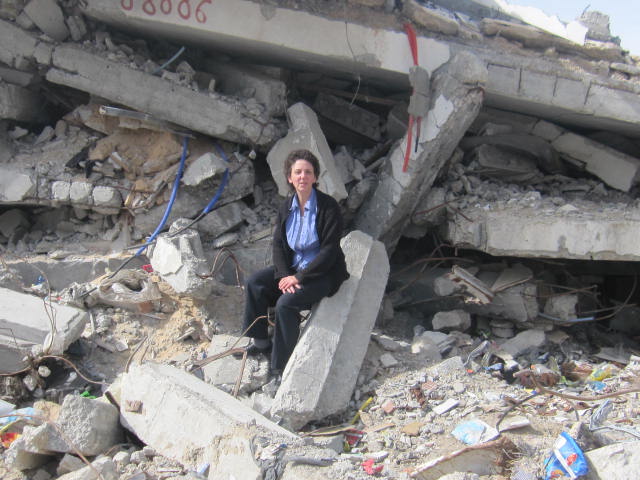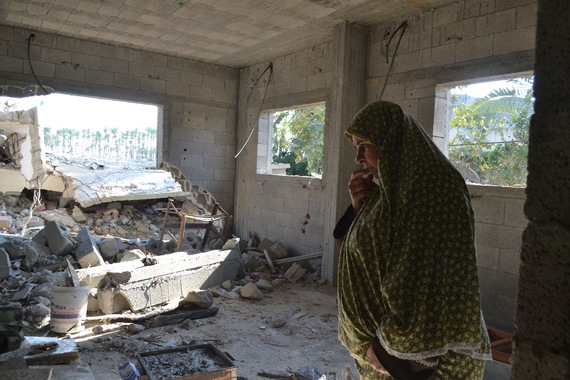See the entire article on Civicus.
“The small Palestinian village of Saffa was the site of Dalia Association’s first pilot of community-controlled grant-making back in 2008. At first glance, the methodology didn’t make much sense. Why would we give small grants when the need was so great? Why would we give unrestricted grants when the risk was so high? Why would we expect the community to contribute so much when Palestinians are devastated by occupation, dispossession and colonisation?
As Palestine’s community foundation, Dalia approached the problem differently from traditional donors who are looking for some kind of return on investment. Dalia is not a donor: the funds that Dalia mobilises already belong to the Palestinian community. Dalia holds them in trust and facilitates transparent, democratic and accountable use of the funds, but it is the community’s right and responsibility to decide how they are used. This might sound like the same ‘participatory approach’ that is fashionable in development circles, but it is not. Dalia’s commitment to community-controlled grant-making is based on respect for the right of Palestinians to control their own resources. Community controlled grant-making is an expression of resistance – to the Israeli occupation and to dependence on aid, both of which undermine Palestinian self-determination….”
